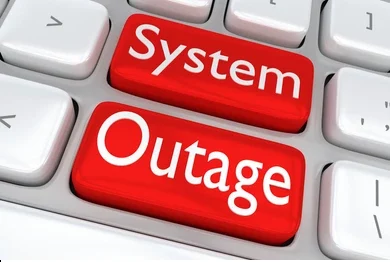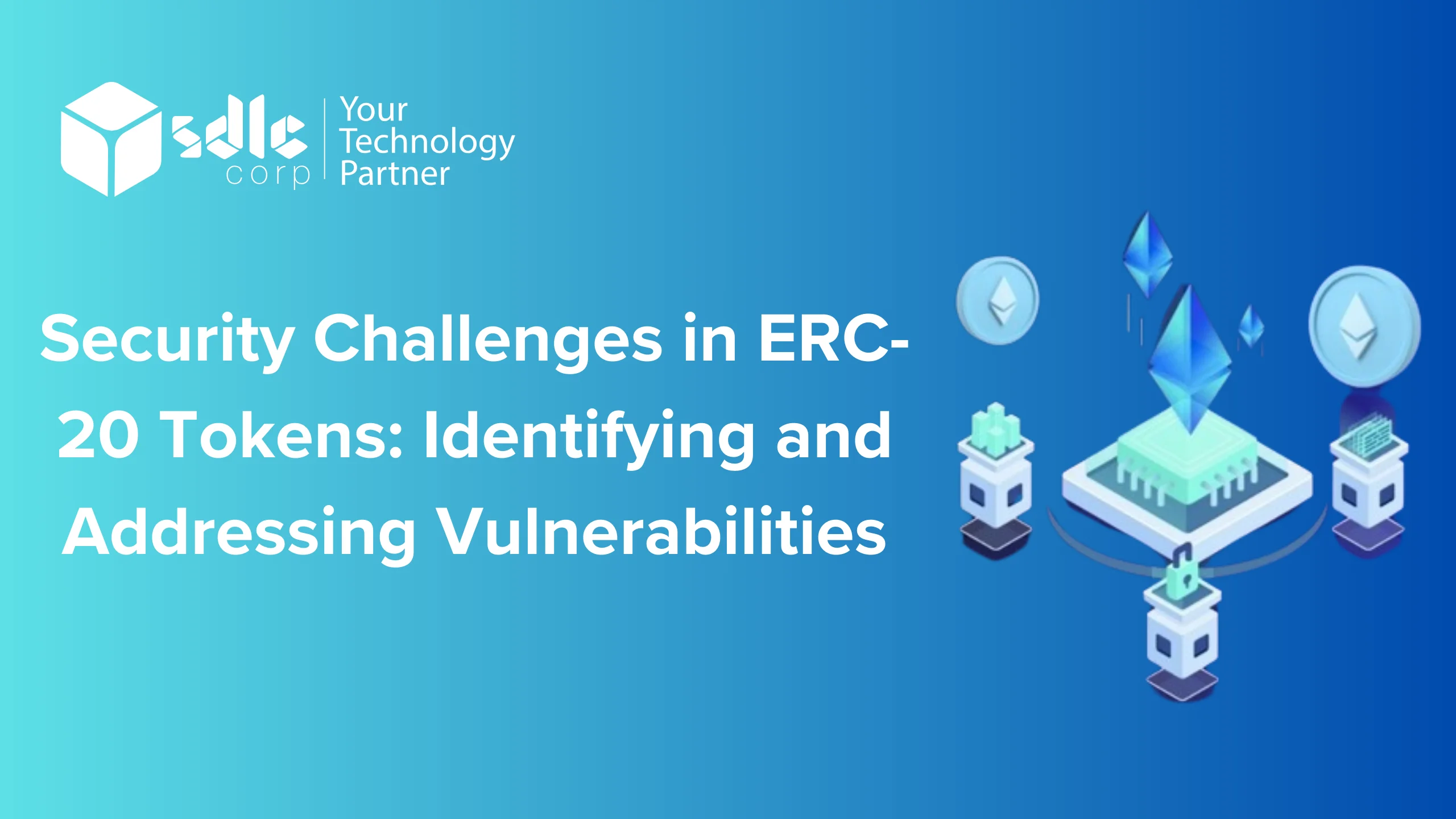Introduction
In the fast-paced realm of cryptocurrency exchange development, system outages pose a significant threat, potentially leading to substantial financial losses and undermining user confidence. To circumvent such disruptions, exchange operators must adopt proactive strategies and comprehensive approaches to system resilience. This entails investing in scalable and robust infrastructure, leveraging cloud-based solutions, redundant server setups, and load-balancing mechanisms to distribute workloads effectively and mitigate the risk of single points of failure. Additionally, regular stress testing and real-time monitoring are essential to identify vulnerabilities and performance issues before they escalate, ensuring uninterrupted service and maintaining user satisfaction.
A combination of strategic investment in infrastructure, rigorous testing, and vigilant monitoring is crucial for preventing system outages in crypto exchanges. By prioritizing reliability, scalability, and proactive maintenance, exchange operators can bolster their resilience to potential disruptions, offering users a seamless trading experience and safeguarding their own reputation and financial interests in the competitive cryptocurrency landscape.
What is Crypto Exchange Fraud?

Crypto exchange fraud encompasses any fraudulent activity that portrays an illegitimate cryptocurrency exchange as legitimate. It often involves Bitcoin, the most widely used cryptocurrency, although other cryptocurrencies may also be involved in fraudulent transactions within these exchanges.
Various actions and schemes fall under the umbrella of crypto exchange fraud. For an activity to be considered fraudulent, the perpetrator must intentionally attempt to deceive or manipulate another party for personal gain. This deception may involve misrepresenting identity, intentions, or crucial information within the context of a cryptocurrency exchange.
As cryptocurrency gains recognition as an alternative asset class, instances of crypto exchange fraud are on the rise. Between 2020 and 2021, reported cases of such fraud increased by over 115%, with the value being stolen also witnessing significant growth in many instances.

Why Are Crypto Exchanges Targets for Fraud?
Cryptocurrency exchanges are prime targets for fraud due to several factors unique to the crypto market. The decentralized and public nature of cryptocurrencies, while appealing, also creates vulnerabilities. The market’s high volatility and decentralized structure attract individuals with a high tolerance for risk, making them susceptible to fraudulent schemes.
Moreover, cryptocurrency transactions are digital and irreversible, making it easier for fraudsters to execute their schemes and escape with funds. The anonymity prevalent in the crypto space further complicates matters, as victims of fraud often have limited avenues for recourse. Consider leveraging cryptocurrency development services to navigate these challenges effectively.
This combination of factors results in a landscape where the potential gains from fraudulent activities outweigh the relatively low risks, creating an environment ripe for exploitation.
Why Do Outages Happen?

Outages on crypto exchanges can be attributed to a range of factors, primarily falling into two main categories: technical issues and external influences.
Technical issues encompass software bugs, hardware failures, server overloads, and network disturbances, all of which can disrupt exchange operations.
External influences, on the other hand, include denial-of-service (DoS) attacks, power interruptions, and natural disasters, which can also contribute to downtime.
The recent outage experienced by Coinbase underscores the difficulties that cryptocurrency exchanges encounter, especially during periods of heightened volatility. Increased trading volumes can strain systems, resulting in system crashes and downtime.
Common types of fraud
Hacking Theft: This involves transferring cryptocurrency from one wallet to another, despite blockchain’s security measures. Perpetrators continuously refine their hacking techniques.
Pump and Dump Schemes: Perpetrators artificially inflate a cryptocurrency’s value, then sell it off rapidly to profit. These schemes are prevalent in volatile asset classes like cryptocurrency.
Ponzi Schemes: Funds are funneled to the original source, promising high returns to investors who recruit others. Eventually, the scheme collapses as recruitment dwindles.
Impersonations: Malicious parties impersonate founders, advisors, or other figures to gain access to personal information and digital wallets.
Giveaway Scams: Scammers offer free cryptocurrency or unsolicited financial services, exploiting the belief in “free” opportunities.
Fake Initial Coin Offerings (ICO): Scammers create fake ICOs to lure investors. It’s crucial to verify the authenticity of any new coin before investing.

Glean important insights from Coinbase's recent system outage

Cryptocurrency exchange development services can derive crucial lessons from Coinbase’s recent system outage to bolster their platform’s durability and operational stability, optimizing user experience and trust. By analyzing the outage’s root causes and implementing proactive measures, these services can fortify their infrastructure, ensuring uninterrupted service delivery even during periods of peak demand.
Premium Hardware Infrastructure: Prioritize high-performance servers and robust network connections capable of handling peak loads. Consider deploying data centers across multiple locations to mitigate localized disruptions effectively.
Scalability Solutions: Embrace scalable architecture to effortlessly accommodate fluctuations in user demand. Leverage cloud-based solutions that autonomously adjust resources based on real-time requirements, ensuring seamless scalability.
Microservices Approach: Opt for a microservices architecture to compartmentalize the software into smaller, autonomous modules. This enables isolated issue resolution without compromising the entire system’s integrity.
Redundancy Integration: Embed redundancy across all layers – from hardware and software to data storage. This guarantees backup systems are readily available to assume control in the event of primary system failures, thereby ensuring uninterrupted service delivery.
To safeguard your crypto exchange software from costly outages, consider these key strategies:
1. Scalable and Redundant Infrastructure: Ensure your infrastructure can handle sudden spikes in traffic by leveraging cloud resources, load balancing, and failover systems to distribute workloads and prevent single points of failure.
2. Robust Monitoring and Alerting: Implement comprehensive monitoring systems to detect issues early, allowing for prompt response and resolution. Set up alerts to notify your team of potential problems before they escalate.
3. Comprehensive Testing and Quality Assurance: Conduct rigorous testing across all stages of development to identify and address vulnerabilities, bugs, and performance issues. Regular code reviews and documentation maintenance are also vital for troubleshooting and maintenance.
4. Disaster Recovery and Business Continuity: Develop and test disaster recovery plans to ensure quick recovery from major incidents. Maintain up-to-date backups, implement failover mechanisms, and define incident response protocols.
5. Security and Compliance: Implement stringent security measures to protect against cyber threats, including encryption, access controls, and regular security audits. Ensure compliance with regulations to maintain customer trust and avoid legal repercussions.
6. Continuous Improvement: Proactively identify areas for optimization through regular review of system logs, performance metrics, and user feedback. Implement changes carefully through a robust change management process to minimize disruptions.
7. Collaboration and Knowledge Sharing: Engage with industry forums, attend conferences, and collaborate with experts to stay informed about the latest developments and best practices. Sharing knowledge and experiences can help identify and mitigate potential risks effectively.

Conclusion
Avoiding system outages for a crypto exchange requires a comprehensive and proactive approach that addresses various aspects of the platform’s architecture, infrastructure, and operational processes. By implementing strategies such as scalable and redundant infrastructure, robust monitoring and alerting systems, and comprehensive testing and quality assurance practices, crypto exchange operators can mitigate the risk of downtime and ensure seamless service continuity for their users. Additionally, developing and regularly testing disaster recovery and business continuity plans, along with stringent security measures and compliance protocols, are essential for safeguarding against external threats and maintaining customer trust.
Furthermore, continuous improvement and proactive maintenance play a vital role in enhancing the resilience of a crypto exchange system. By regularly reviewing system logs, performance metrics, and user feedback, operators can identify potential bottlenecks or areas for optimization and implement necessary updates or modifications to prevent future outages. Collaboration and knowledge-sharing within the crypto community also provide valuable insights and best practices for mitigating risks and improving system reliability. Overall, by adopting a holistic approach that integrates these strategies and continuously monitoring and refining their systems, crypto exchange operators can minimize the likelihood of system outages and deliver a seamless and secure trading experience to their users. Hire cryptocurrency developer from SDLC Corp for expert guidance and support in building and maintaining robust exchange platforms.
























